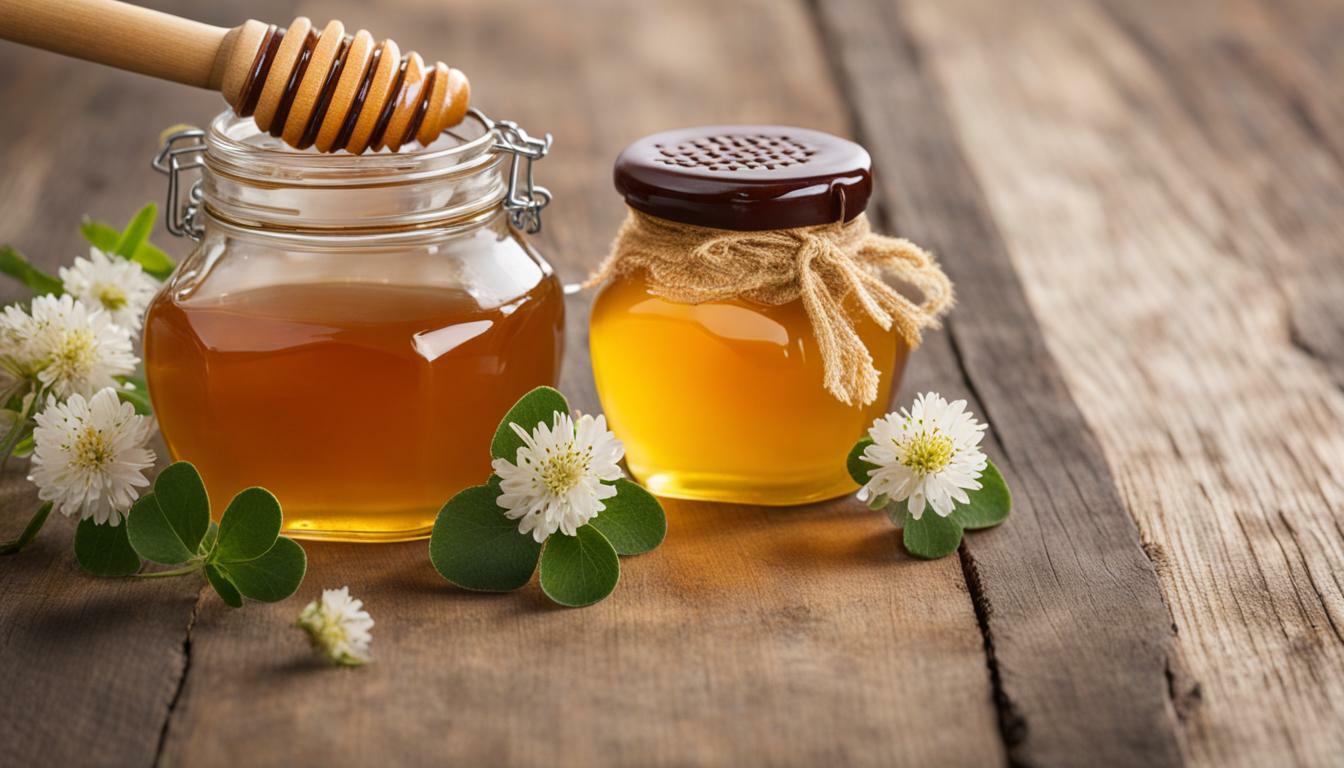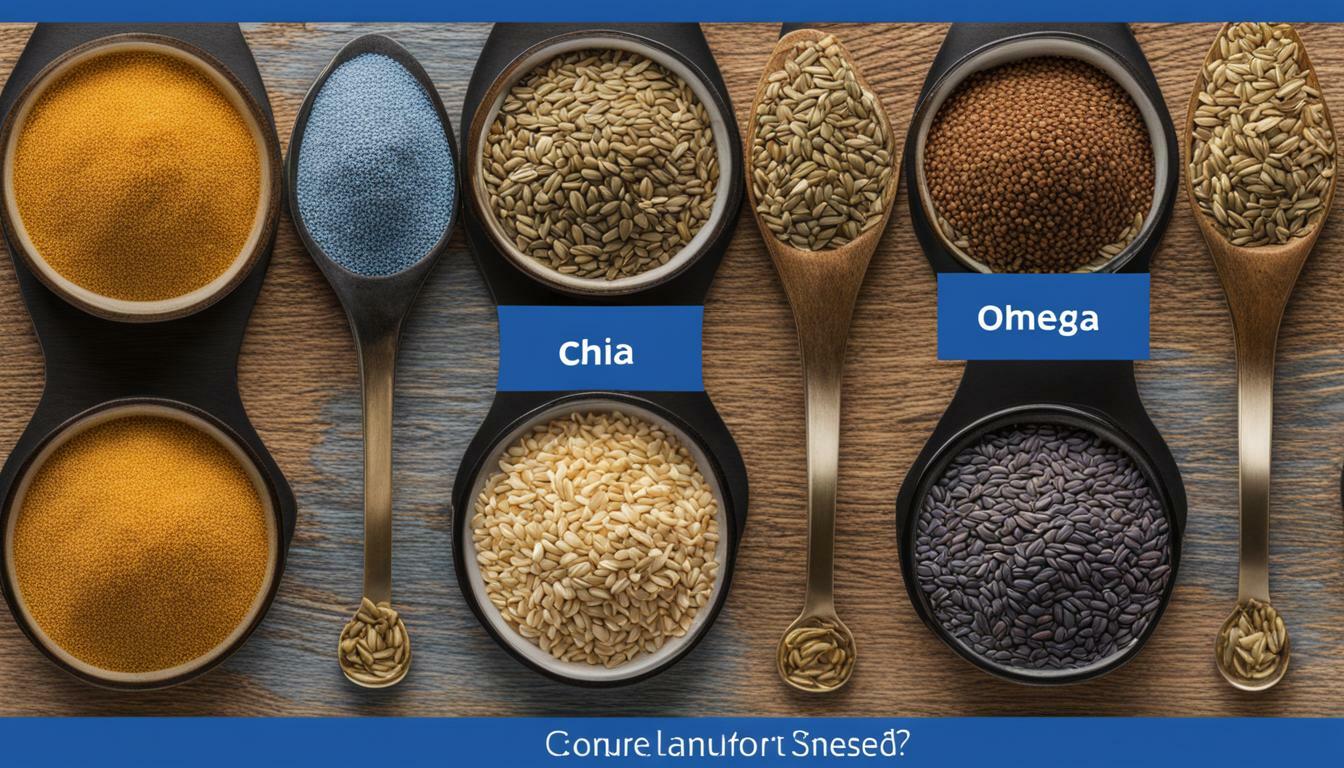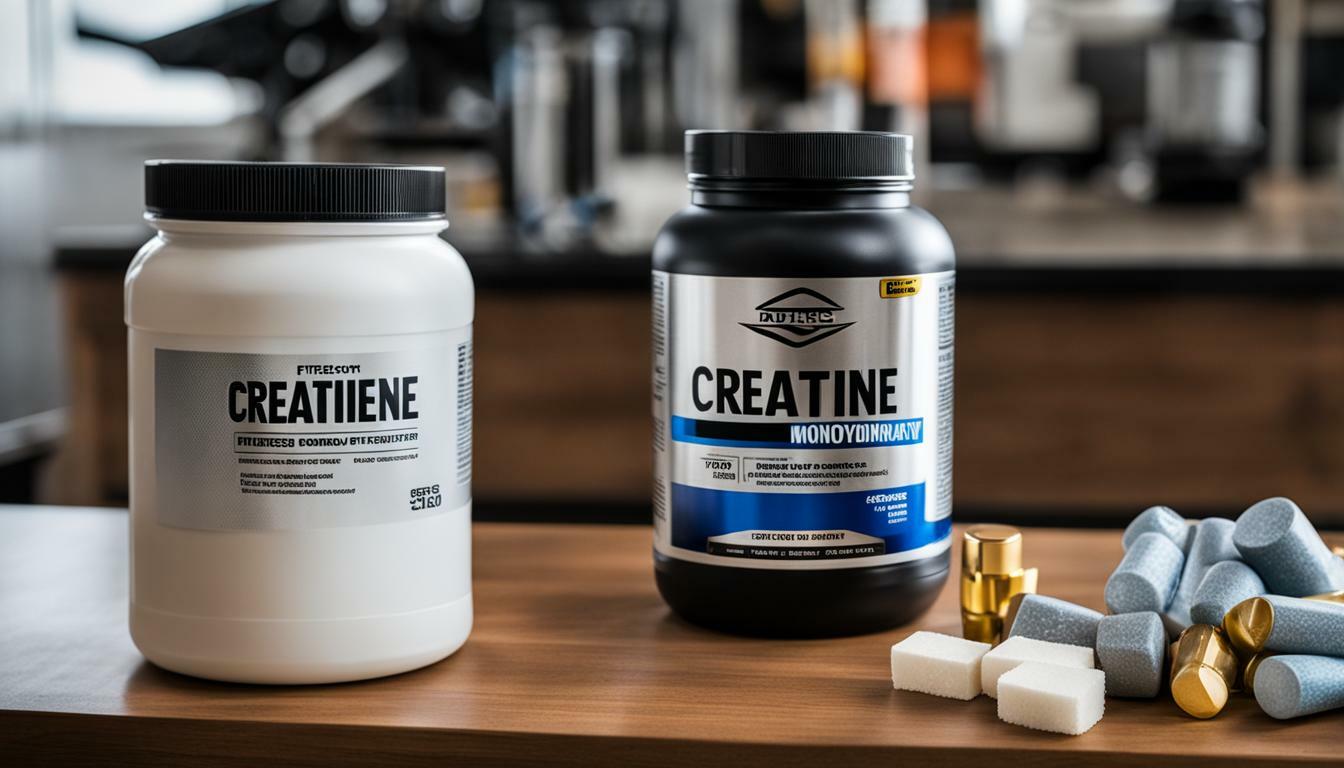Manuka honey and Clover honey are two popular varieties of honey with distinct characteristics and health benefits. Clover honey is known for its sweet and floral flavor and is commonly found in supermarkets. It has a light color, a mild taste, and a creamy texture. Clover honey is great for baking and can be used as a natural sweetener for tea, coffee, and smoothies.
On the other hand, Manuka honey is famous for its medicinal properties. It has a darker, golden/amber color and a richer flavor compared to clover honey. Manuka honey has antiviral, antibacterial, and antimicrobial properties, making it an effective energy booster and great for digestive health. It contains a high concentration of MGO (methylglyoxal) and is certified by the UMF (Unique Manuka Factor) for quality. Manuka honey can be drizzled over food or consumed directly.
In terms of harvesting, clover honey is made from the nectar of the clover flower, which blooms for several months. Manuka honey, on the other hand, is made from the nectar of the Manuka flower, which only blooms for 6-12 weeks every year.
Overall, the choice between clover honey and Manuka honey depends on personal preference and the desired benefits. Clover honey is more affordable and versatile, while Manuka honey offers unique medicinal properties. Both types of honey have their own unique flavors and uses.
Key Takeaways:
- Manuka honey and Clover honey are two distinct varieties of honey.
- Clover honey has a sweet and floral flavor, while Manuka honey has a richer and darker taste.
- Clover honey is versatile and widely available, while Manuka honey is known for its medicinal properties.
- Clover honey is made from the nectar of the clover flower, while Manuka honey is made from the nectar of the Manuka flower.
- The choice between the two depends on personal preference and desired benefits.
Clover honey is known for its sweet and floral flavor, light color, and creamy texture. It is one of the most popular varieties of honey and can be easily found in supermarkets and local stores. This type of honey is made from the nectar of clover flowers, which gives it its distinct taste and aroma.
With its delicate flavor profile, clover honey is a versatile ingredient in the kitchen. It is commonly used in baking, adding a touch of natural sweetness to cakes, cookies, and bread. It is also a popular choice as a natural sweetener for tea, coffee, and smoothies.
The light color of clover honey makes it visually appealing, while its creamy texture makes it easy to spread or drizzle over food. It is a favorite among honey enthusiasts for its smooth consistency and subtle taste, perfect for those who prefer a milder honey flavor.
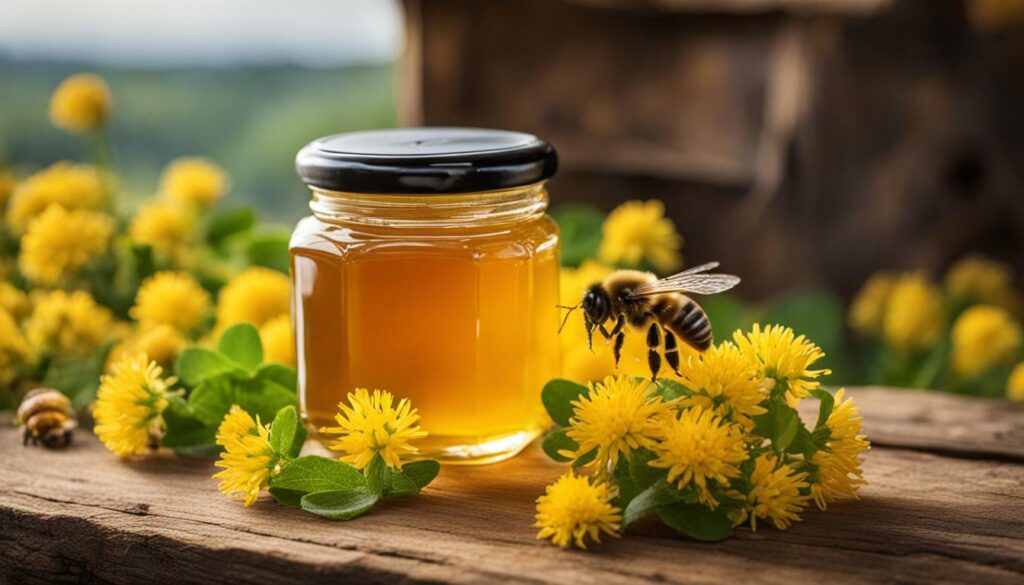
In summary, clover honey stands out for its sweet and floral flavor, light color, and creamy texture. It is a versatile honey that adds a natural touch of sweetness to various dishes and beverages. Whether you’re baking or looking for a healthier alternative to refined sugars, clover honey is a delicious option.
Characteristics of Manuka Honey
Manuka honey is famous for its medicinal properties and distinctive taste, with a darker, golden/amber color and a richer flavor compared to Clover honey. It is widely known for its high concentration of MGO (methylglyoxal), a compound believed to contribute to its health benefits. The UMF (Unique Manuka Factor) certification ensures the quality and authenticity of Manuka honey.
When it comes to texture, Manuka honey is thick and creamy, with a smooth consistency that makes it perfect for drizzling over food or consuming directly. Its unique antibacterial, antiviral, and antimicrobial properties make it a popular choice for boosting the immune system and promoting digestive health.
Manuka honey is harvested from the nectar of the Manuka flower, which blooms for a relatively short period of 6-12 weeks every year. This limited blooming period contributes to the scarcity and exclusivity of Manuka honey, making it a prized ingredient in the world of natural remedies and wellness.
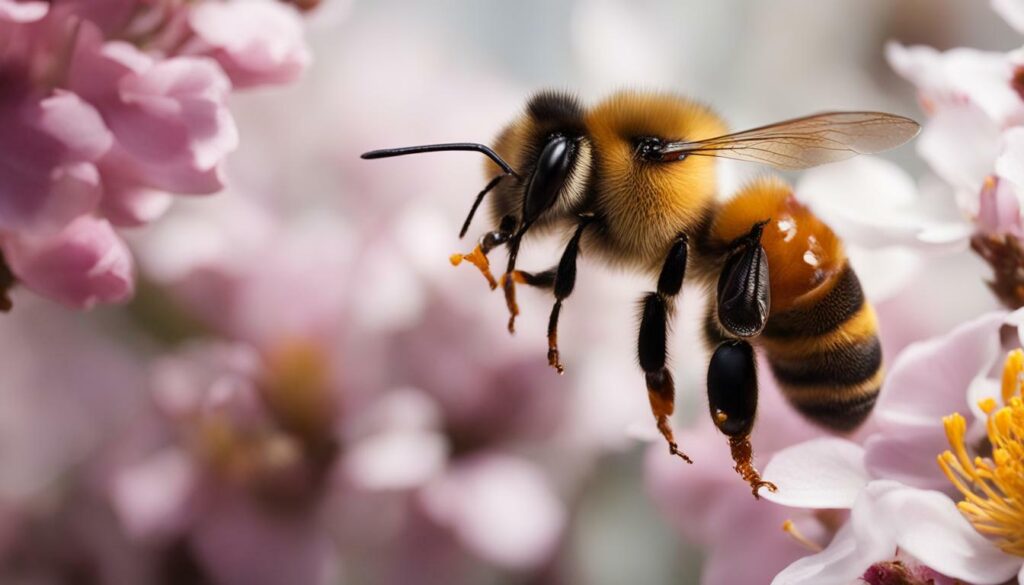
Manuka honey has been used for centuries in traditional medicine for its healing properties. Its natural antibacterial properties make it effective in treating wounds and preventing infections. It is also known to soothe sore throats and promote overall well-being.
Key properties of Manuka Honey:
- Richer flavor compared to Clover honey
- Darker, golden/amber color
- Thick and creamy texture
- High concentration of MGO (methylglyoxal)
- UMF (Unique Manuka Factor) certified
- Antibacterial, antiviral, and antimicrobial properties
In summary, Manuka honey stands out for its medicinal properties, robust flavor, and limited availability. It is a versatile ingredient that can be enjoyed on its own or incorporated into various recipes, providing both taste and potential health benefits.
Health Benefits of Manuka Honey
In addition to its unique taste, Manuka honey offers a range of health benefits due to its antiviral, antibacterial, and antimicrobial properties. This natural wonder contains a high concentration of MGO (methylglyoxal), which is responsible for its medicinal properties.
Research has shown that Manuka honey can help combat various infections, including those caused by bacteria, viruses, and fungi. Its antibacterial properties make it effective in treating wounds and preventing the growth of harmful bacteria. Manuka honey has even been used as a topical treatment for skin conditions such as acne and eczema.
Furthermore, Manuka honey has been found to have immune-boosting effects. It can help strengthen the body’s defense mechanisms and promote overall well-being. Many people also use Manuka honey to soothe sore throats and alleviate symptoms of cough and cold.
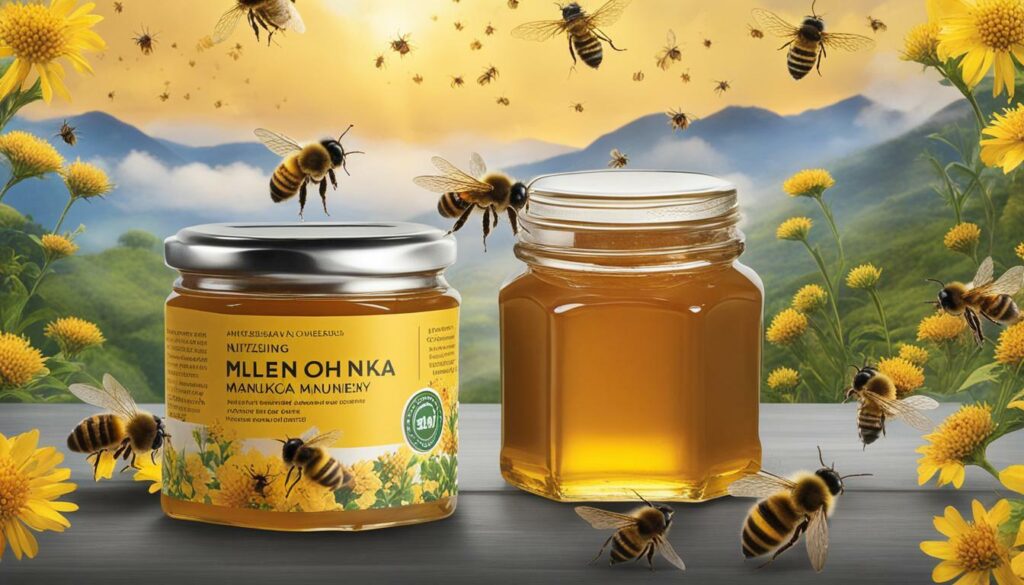
Recent studies have also suggested that Manuka honey may have potential anticancer properties, although more research is needed to confirm this.
To fully experience the health benefits of Manuka honey, it is recommended to look for products that carry the UMF (Unique Manuka Factor) certification. The UMF certification guarantees that the honey is genuine and contains the beneficial compounds that make Manuka honey so special.
However, it is important to note that not all Manuka honey is created equal. The potency of its healing properties can vary depending on factors such as the region where it is sourced and the harvesting techniques used. It is always advisable to choose a reputable brand and look for higher UMF ratings for maximum benefits.
With its unique taste and a wide range of health benefits, Manuka honey offers a natural alternative to conventional sweeteners. Whether drizzled over food or consumed directly, this golden elixir is a versatile ingredient that can enhance both your taste buds and your well-being.
Harvesting and Availability
Clover honey is made from the nectar of the clover flower, which blooms for several months, while Manuka honey is made from the nectar of the Manuka flower, which only blooms for 6-12 weeks every year. This limited blooming period makes Manuka honey more rare and sought after, contributing to its higher price compared to clover honey. Additionally, the Manuka flower only grows in specific regions, mainly in New Zealand and Australia, further limiting the availability of Manuka honey.
Table:
| Type of Honey | Blooming Period | Availability |
|---|---|---|
| Clover Honey | Several months | Widely available |
| Manuka Honey | 6-12 weeks | Limited availability |
The unique harvesting conditions for Manuka honey contribute to its exclusivity and appeal. The short blooming period of the Manuka flower requires beekeepers to carefully monitor the hives and extract the honey at the optimal time. This meticulous process ensures that Manuka honey retains its distinctive characteristics and medicinal properties.
Despite its limited availability, Manuka honey has gained popularity worldwide due to its unique qualities. It is highly sought after for its potential health benefits and is commonly used as a natural remedy for various ailments. Clover honey, on the other hand, is more readily available in supermarkets and is widely used as a versatile sweetener.
Conclusion
In conclusion, while both Manuka honey and Clover honey have their own distinct flavors and uses, the choice ultimately comes down to personal preference and desired health benefits. Clover honey, with its sweet and floral flavor, is commonly found in supermarkets and is great for baking. It has a light color, mild taste, and creamy texture, making it a versatile natural sweetener for tea, coffee, and smoothies.
On the other hand, Manuka honey is famous for its medicinal properties. With its darker, golden/amber color and richer flavor, it stands out from clover honey. Manuka honey is known for its antiviral, antibacterial, and antimicrobial properties, making it an effective energy booster and beneficial for digestive health. Its high concentration of MGO and UMF certification ensure its quality.
When it comes to harvesting, clover honey is made from the nectar of the clover flower, which blooms for several months. In contrast, Manuka honey comes from the nectar of the Manuka flower, which only blooms for a limited period of 6-12 weeks each year, resulting in its scarcity and higher price.
In summary, each type of honey has its own unique flavors and uses. Clover honey is more affordable and versatile, while Manuka honey offers distinct medicinal properties. Ultimately, the choice between the two depends on individual preferences and the desired health benefits one is seeking.
FAQ
What is the difference between Manuka honey and Clover honey?
Manuka honey and Clover honey are two different varieties of honey with distinct characteristics. Manuka honey is known for its medicinal properties and has a darker color and richer flavor compared to Clover honey. Clover honey, on the other hand, has a lighter color, mild taste, and creamy texture.
What are the characteristics of Clover honey?
Clover honey has a sweet and floral flavor, a light color, and a creamy texture. It is commonly used in baking and can be used as a natural sweetener for tea, coffee, and smoothies.
What are the characteristics of Manuka honey?
Manuka honey has a darker, golden/amber color and a richer flavor compared to Clover honey. It is famous for its medicinal properties and has antiviral, antibacterial, and antimicrobial properties. It contains a high concentration of MGO (methylglyoxal) and is certified by the UMF (Unique Manuka Factor) for quality.
What are the health benefits of Manuka honey?
Manuka honey is known for its various health benefits. It has antiviral, antibacterial, and antimicrobial properties, making it an effective energy booster and great for digestive health. It can be consumed directly or drizzled over food.
How are Manuka honey and Clover honey harvested?
Clover honey is made from the nectar of the clover flower, which blooms for several months. Manuka honey, on the other hand, is made from the nectar of the Manuka flower, which only blooms for 6-12 weeks every year.
Which honey is more readily available?
Clover honey is more readily available and can be found in most supermarkets. Manuka honey, on the other hand, may be less commonly available and can be found in specialty stores or online.
 Skip to main content
Skip to main content